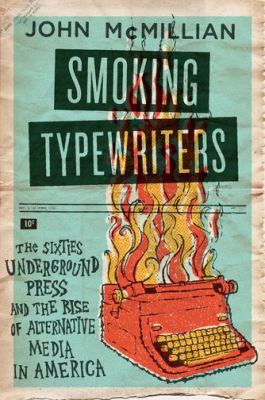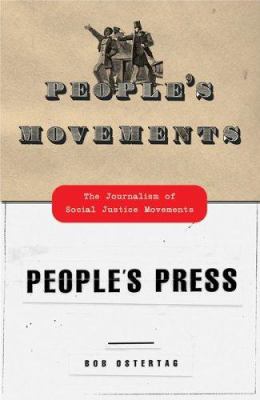By Josie Breck, Periodicals Department
Newsprint, Digital Storage, and Ephemerality
There is one reason why I was able to explore the underground press of the Sixties several decades later at the Pratt: microfilm. Newsprint is fragile, not meant to last long beyond its initial publication. Archival-quality microfilm can last anywhere between 100-500 years, if properly stored and handled. If it weren’t for the efforts of one very dedicated Bell and Howell employee in 1973, much of what exists on those rolls would be entirely lost to time.
The ephemerality of newsprint is matched by that of digital storage. While a data server for a social media app may carry its contents more reliably than a newsprint for a time, it’s still easy for that data to become lost forever. A devastating example of this is Myspace. In 2019, the former social media juggernaut lost 12 years of data overnight. It’s hard to overstate how much was lost in just this one incident, including 50 million songs from 12 million musical artists.
The issue of archiving the web and digital media is complicated. Due to the truly staggering quantity of data, you cannot possibly archive everything online. The Internet Archive can only do selective crawls of the web, which capture a website on a particular day and store it on their servers. This is the best way to get as much of the web archived as possible, but because of the possibility of significant data loss inherent in digital storage, it is not the best long-term archival solution. The tradeoff of storing as much as possible means accepting a certain level of ephemerality.
While this is a problem with no perfect answers, I do believe that microfilm should be considered as one of many imperfect answers. One could curate a collection of digital media, say social media posts of a particular time or subject, and store that collection on microfilm, so that a permanent archive can exist outside of its ephemeral origin. As of the time of publishing this article, I am unaware of any such project. If you or anyone you know is doing something similar, or is interested in starting such a project, I would absolutely love to know about it. You can reach me via my email: jbreck@prattlibrary.org.


